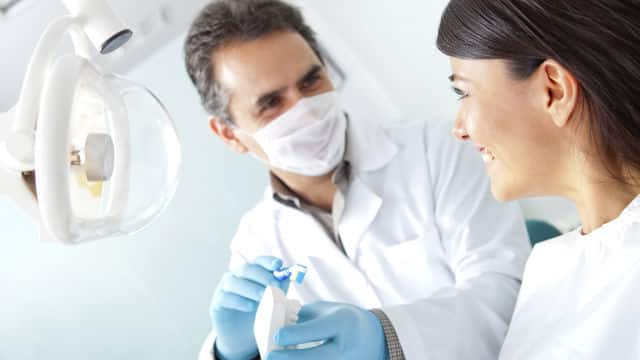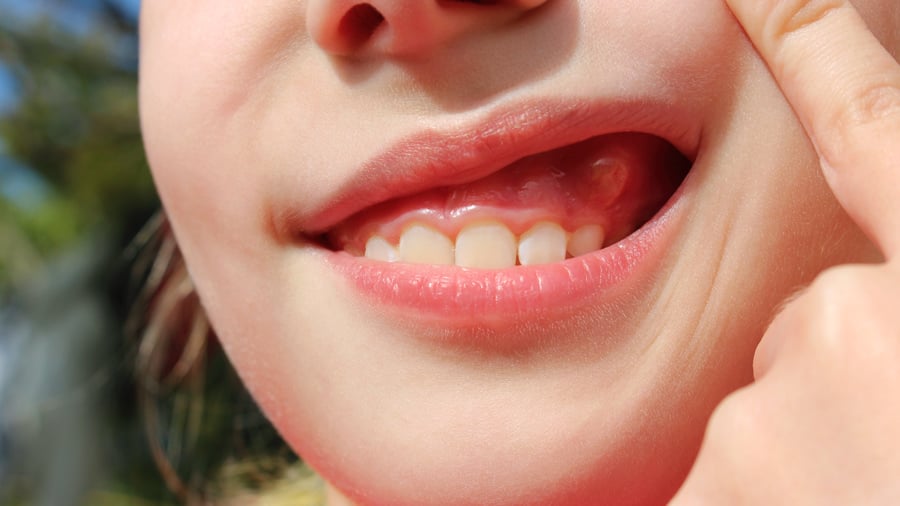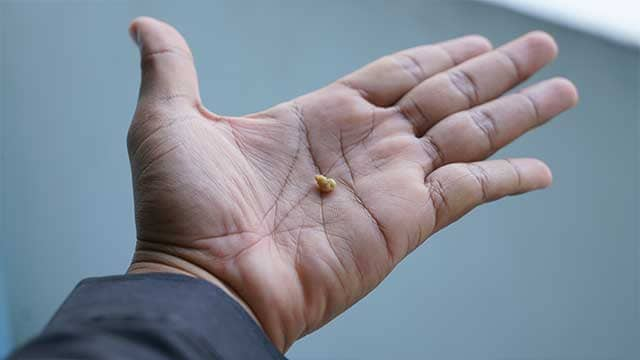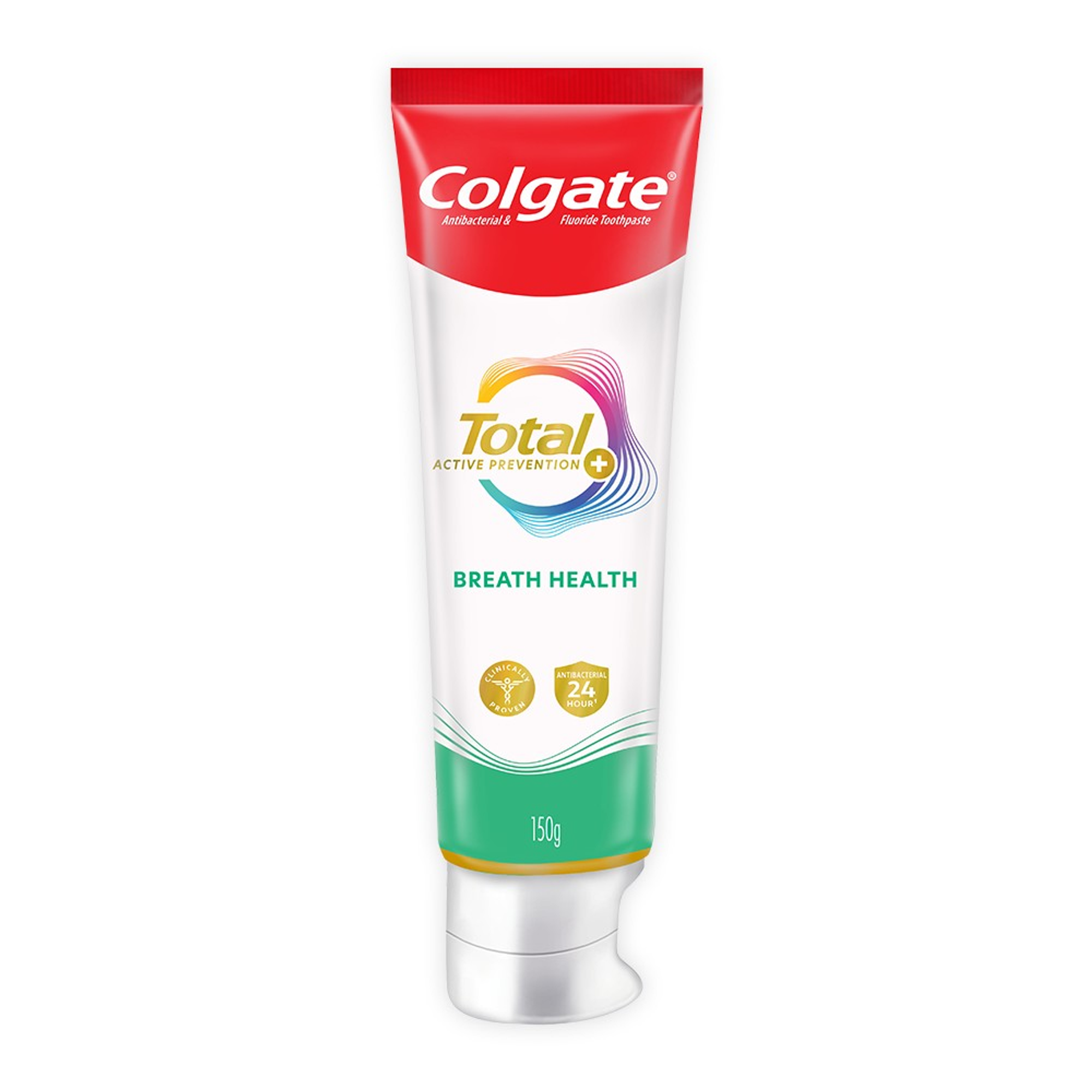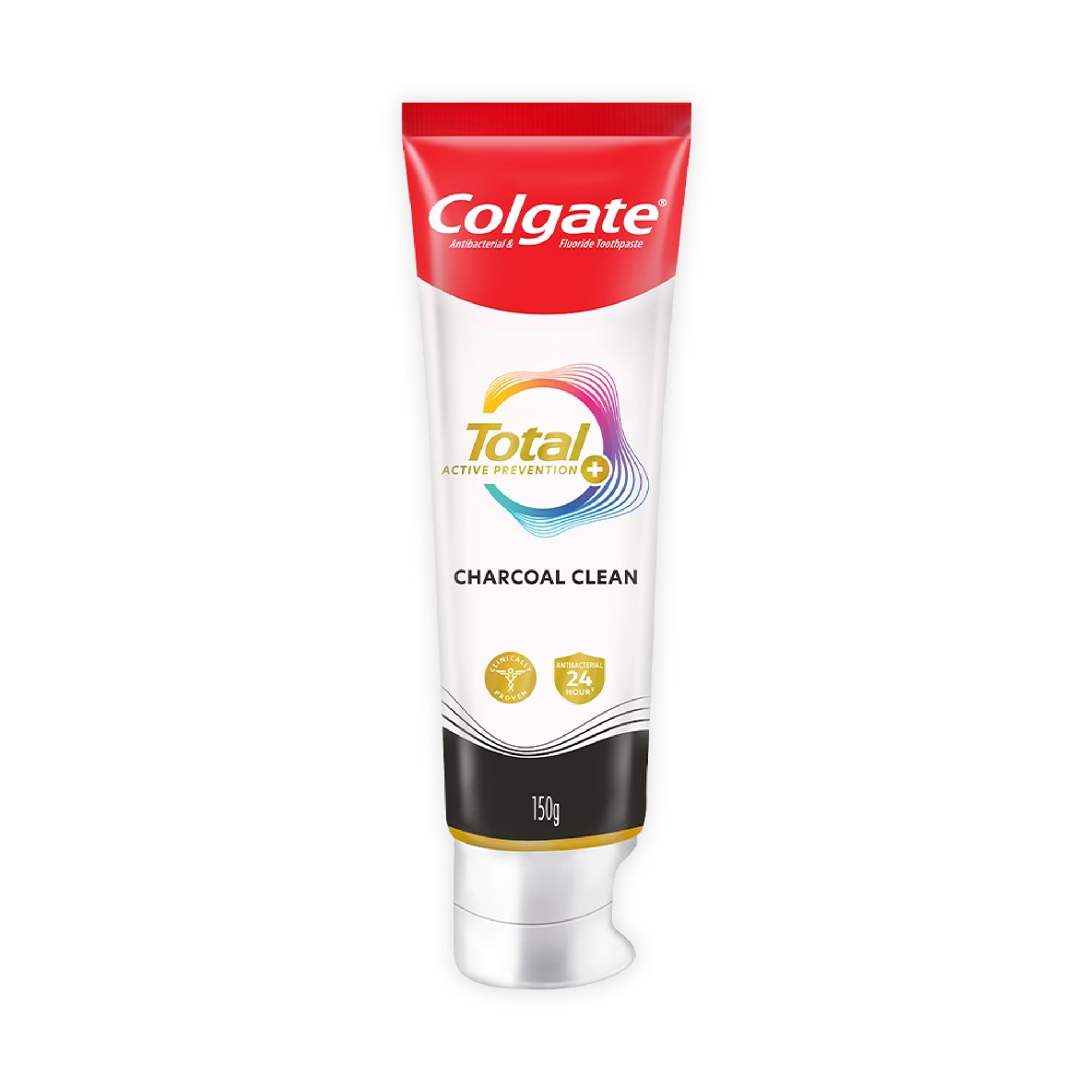Conscious Sedation
Some children can become anxious when they see the dentist. As a result, they may not be able to relax or sit still long enough to receive treatment.
The dentist may suggest giving these children a form of medicine that can help them to relax and/or become sleepy. This is called "conscious sedation." Using conscious sedation may allow a child to become more relaxed. But the child will be able to respond to voices or stimulation and will maintain his or her protective reflexes.
Conscious sedation may be used when a child requires a lot of dental treatment or has special needs. Your dentist can recommend which type of conscious sedation may be best for your child. Conscious sedation may be given in several ways, including:
- Inhaling a gas
- Swallowing medicine in the form of a syrup or a pill.
- Receiving medicine though a shot (injection)
- Receiving medicine through a vein (intravenously)
Nitrous Oxide
Nitrous oxide is also known as laughing gas. It is often used for children who are mildly or moderately anxious or nervous. It eases their fears so that they can relax. This helps them to receive treatment in a comfortable and safe manner.
Nitrous oxide is mixed with oxygen and delivered through a small mask over the nose. Your child will be asked to breathe through the nose and not through the mouth. As the gas begins to work, the child usually will become less agitated and nervous.
The effects of nitrous oxide are mild. It is safe and quickly eliminated from the body. Your child remains awake and can continue to interact with the dentist. When the gas is turned off, the effects wear off very quickly. The dentist will give your child oxygen for a few minutes after treatment. This helps to flush the child's body of any remaining gas.
Sometimes young children may reject wearing the mask. Nitrous oxide may not be the right type of sedation for them. In addition, nitrous oxide can sometimes make a child feel nauseous. Before a dental visit using this form of conscious sedation, it is best to feed your child only liquids or a light meal a few hours beforehand. Also, if your child is congested or has trouble breathing through the nose on the day of treatment, nitrous oxide may be less effective.
Oral Sedation
Children who are more anxious may need a stronger medicine than nitrous oxide. Several of these medicines are given by mouth (orally). When choosing a medicine, the dentist will consider your child's:
- Anxiety level
- Ability to cooperate
- Treatment
With oral sedation, your child may be sleepy but can be aroused. He or she also can respond to simple commands. Minor side effects such as nausea or vomiting can occur with some medicines.
Before a visit in which your child is to receive oral sedation, you should receive instructions. They will include:
- Whether to eat or drink before the procedure
- What to expect during treatment
- What to watch for after treatment
You may need to carry your child home after sedation. Your dentist also should discuss how your child will be monitored during sedation. You will need to stay for a short time after dental treatment has been completed. During this time, your child will be observed. The dental staff will make sure recovery is complete and look out for any problems.
Other Methods of Conscious Sedation
Sedative medicines do not have to be given by mouth. They also can be given:
- Through the nose
- By using a suppository
- By a shot (injection)
- Intravenously (directly placing the medicine into a vein)
These methods require more experience to be given and monitored properly. Injections and intravenous medicines should be used only by dentists with extensive training in these techniques.
General Anesthesia
Sometimes a child needs to be unconscious in order for the dentist to safely complete needed dental treatment. General anesthesia puts a child into a deep sleep. He or she is unable to feel pain or to move around. This is the same kind of sleep a child would have for removal of tonsils or placement of ear tubes. General anesthesia is done in a hospital. Your child will go home the same day.
Your dentist may recommend general anesthesia if your child:
- Can't relax or calm down enough for treatment to be performed safely, even with conscious sedation and other behavior management techniques
- Needs oral surgery or other dental treatment that would be difficult for the child to tolerate while awake
- Needs a lot of dental work that can best be done in one long appointment
- Has a disability that limits his or her ability to understand directions and be treated safely in the dental office
General anesthesia carries some risk. Your dentist should discuss the risks and benefits with you and explain why it might be right for your child.
General anesthesia for dental procedures can be provided by any of the following:
- Anesthesiologist
- Dental anesthesiologist
- Oral and maxillofacial surgeon
These professionals are trained to deliver the medicines and monitor the child during the procedure. They also know how to handle any problems that may occur.
Your child will need a physical examination before receiving general anesthesia. This exam will make sure he or she doesn't have any conditions that could interfere with or be affected by the anesthesia. If your child is sick on the day of the scheduled procedure, call to see if the appointment should be rescheduled.
On the day of the appointment:
- Follow the doctor's guidelines about eating and drinking before and after the procedure.
- Briefly discuss the procedure with your child. Use simple terms that he or she can understand. Talk to your child about the hospital visit and treatment several days before the appointment. This will give the child time to think about it and to ask questions.
- Let your child rest quietly at home after the procedure. He or she probably will be ready to resume a normal schedule the next day.
Meeting With the Anesthesia Provider
Meet with your child's anesthesia provider before the procedure. This will give you a chance to ask questions. You also can go over some of the risks and benefits you may already have discussed with the dentist. Here are some questions you may want to ask:
- What is your training? Are you board certified?
- How often do you give anesthesia to children?
- What type of anesthesia will be used? How it will be delivered? Why is this type of anesthesia better than another?
- What types of problems might arise using this type of anesthesia?
- Will you use any medicines before the general anesthesia to lessen my child's anxiety? (One example would be lollipops that contain a mild sedative.)
- Can I be there when the anesthesia is given and when my child wakes up?
- Will you be physically present or will one of your associates give the anesthesia?
What can you do if you are unhappy with the answers or you don't feel that this is the right doctor for your child? Ask your dentist or the hospital to make arrangements for another doctor. Be sure to meet with this person ahead of time, too.
7/3/12
© 2002- 2018 Aetna, Inc. All rights reserved.





